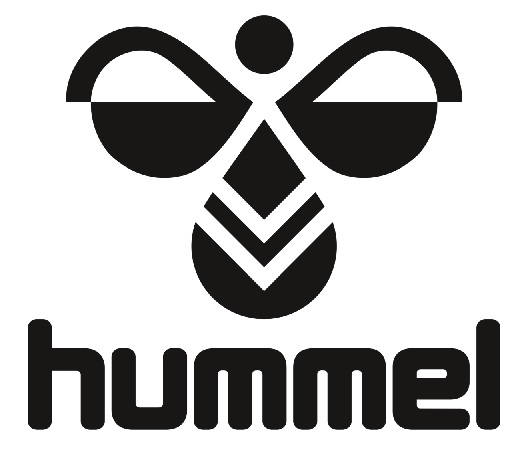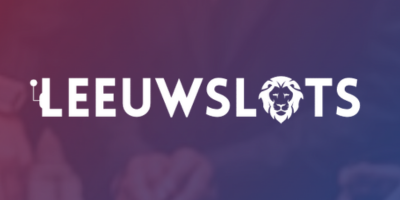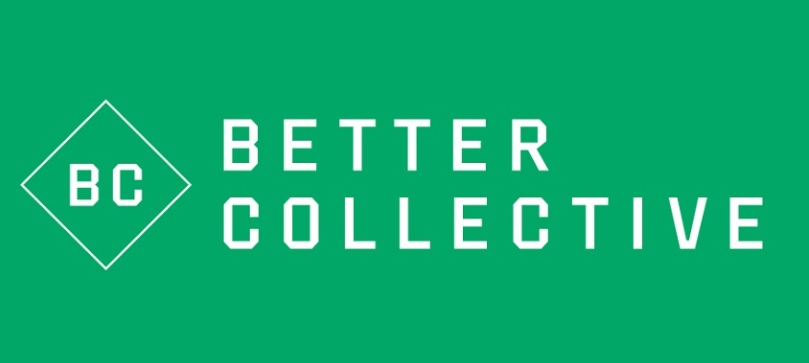
The UK gambling watchdog has told MPs that it does not currently oversee the purchase of in-game content like Fifa player packs and video game loot boxes.
This is because there is no official way to monetise what is inside them.
A prize has to be either money or have monetary value in order for it to fall under gambling legislation.
However, there are unauthorised third party sites which buy and sell in-game content or enable it to be used as virtual currency.
Gambling Commission programme director Brad Enright admitted that games publisher EA, which sells the football team management game Fifa, faced “a constant battle” against unauthorised secondary markets.
“There is unquestionably a demand for a secondary market,” he said.
In Fifa, players can be bought in packs but their content is only revealed after payment.
The same applies to loot boxes, which contain bonus content, often in the form of character costumes or weapons.
Dozens of parents have told the BBC that their children are spending hundreds of pounds on in-game purchases, and have criticised the process as a form of gambling as there is an element of chance in the outcome and their children are then tempted to buy again in order to try to get the result they want.
Speaking at the Department for Culture, Media and Sport select committee, Gambling Commission chief executive Neil McCarthur admitted that there were “significant concerns” around children playing video games in which there were elements of expenditure and chance.
However, he added that under current legislation it did not classify as gambling.
“There are other examples of things that look and feel like gambling that legislation tells you are not – [such as] some prize competitions but because they have free play or free entry they are not gambling… but they are a lot like a lottery,” he said.
Loot boxes
In 2018 Belgium banned loot boxes on the grounds that they were in violation of its gambling legislation.
Despite loot box prizes having no official transactional value, there are third party websites which enable people to gamble the virtual content they acquire in games – such as character clothes or weapons – on casino or slot machine type games, offering them the chance to generate real money. This is known as skin betting.
“We have said [to the video games industry], ‘it’s not enough to say we don’t want this happening’,” said Brad Enright.
He added that the terms and conditions of most games prohibit it.
“We’ve been robust and said, ‘we can see you have T&Cs, what are you doing to apply them?’,” he said.
Mr Enright said the video game which generates the most complaints on the subject of skin betting is Counterstrike: Global Offensive, published by US game maker Valve.
“Where we have drawn their attention to British consumers, including children, taking part in gambling, they have closed [skin betting sites] down,” he said.
But he added that it was not up to the Gambling Commission to monitor the internet on behalf of the video games industry.
“We think Valve in the US should do more,” he said.
GTAV Casino
The hearing took place the day before Rockstar Games is due to open a digital casino inside the video game Grand Theft Auto V.
It is unclear what the player mechanics behind the Diamond Resort casino will be. Its website suggests that in-game chips will be required but it is not known whether they will be acquired through purchase or game play, or both.
The DCMS Select Committee is currently examining immersive and addictive technologies.
BBC News https://www.bbc.co.uk/news/technology-49074003?intlink_from_url=&





















